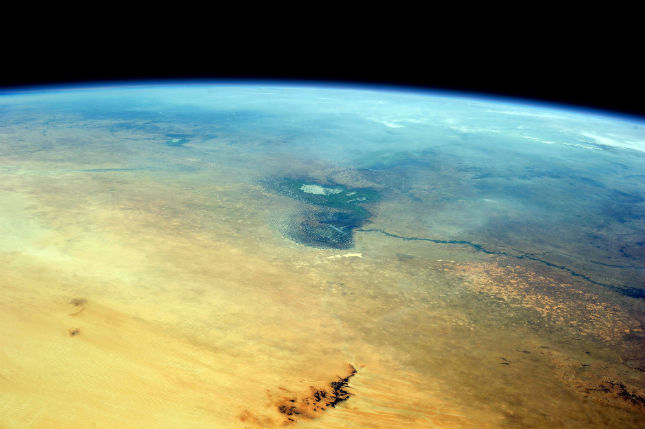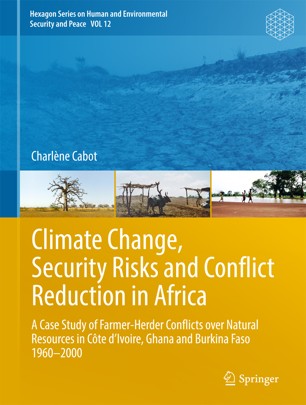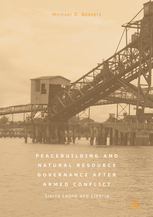Applying a Systematic Review to Land Use Land Cover Change in Northern Upland Vietnam: The Missing Case of the Borderlands
As Vietnam embraces the market economy, and a number of state policies promote reforestation and rural market integration, land use and land cover (LULC) changes are occurring in the country’s northern uplands in increasingly complex and fragmented ways. Yet understandings of the degree and consequences of LULC changes in this diverse agro-ecological region are incomplete. We conduct a systematic literature review of research reported in academic articles tracing and analysing LULC change in Vietnam’s northern regions.







